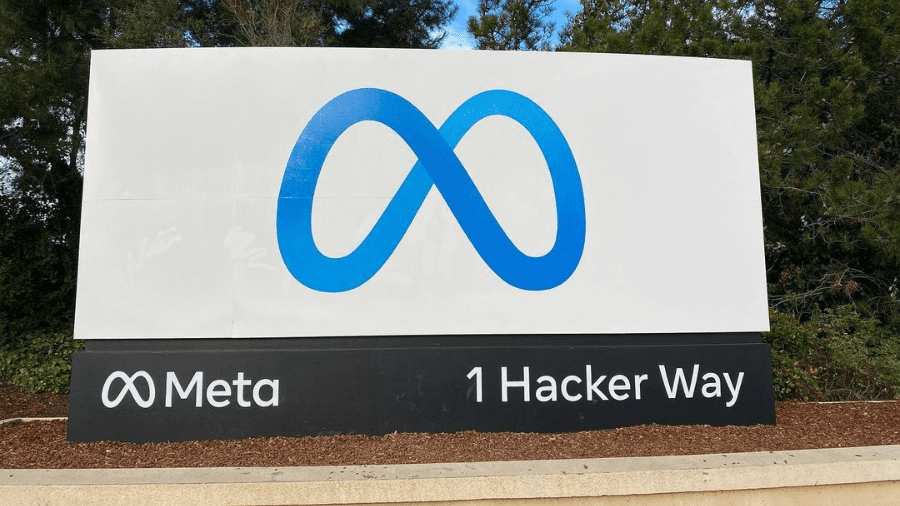This article originally appeared in the Hub.
By Peter Menzies, June 5, 2023
Policies founded on fantasies collapse quickly.
That’s the most obvious takeaway from the news that U.S.-based Meta is beginning to block linkage to new organizations’ content on Facebook and Instagram in Canada.
The reason is a poorly conceived and then amateurishly-crafted piece of legislation known as the Online News Act. Based on a law passed, but never used, in Australia, C-18 is designed to force Big Tech companies such as Google and Meta-owned Facebook to cough up hundreds of millions of dollars annually to “compensate” news organizations through deals made under the oversight of the Canadian Radio-television and Telecommunications Commission.
It is, to all intents and purposes, a government-run extortion scheme based on the sort of economic and policy rationale used by street thugs and tin-pot kleptocrats to justify their muggings.
On Thursday, Meta announced that it will begin testing its long forecast plan to disallow linkage to news if C-18 passes as is. It says between one and 5 percent of Facebook users will be affected and the news organizations targeted will be selected at random.
Prominent news organizations campaigned relentlessly for Bill C-18, accusing the social media and search engine giants of “stealing” their content and profiting from it. Heritage Minister Pablo Rodriguez damned them for refusing to fairly pay journalists for their news and of late has been, in a series of critiques ripe with rhetorical flourish, denouncing Meta for what he calls irresponsible intimidation tactics that are out of touch with Canadians.
The prime minister did the same earlier this year when Google also experimented with de-indexing news websites so that they would not appear in search results.
Given that his government has been in court defending its right to share news organizations’ subscription passwords with its employees rather than buy a bulk subscription, it was a remarkable thing to say but that’s a story for another day.
The truth of the matter is this:
- Big Tech companies haven’t “stolen” anything. Yes, they own 80 percent of the digital advertising market but they won it the old-fashioned way: they earned it. They built better mousetraps while newspapers floundered under a tsunami of new technology. The Internet may very well have killed print newspapers, but it did so in the same way the automobile killed the horse-drawn carriage industry, Amazon dominated The Bay, Netflix put Blockbuster to the sword and email made Canada Post irrelevant.
- Facebook estimates the annual value it offers to news organizations by allowing them to post their material for free is $230 million. The Department of Heritage, the author of Bill C-18, estimates the amount the bill can generate for the entire news industry from the tech companies each year is $215 million. It is the news organizations that are already getting the better of the deal.
- While the government and Bill C-18 backers insist Meta is bluffing because, after a similar stance blocking news posts in Australia, it “backed down,” this isn’t true. It was the Australian government that, faced with Facebook’s boycott, amended its legislation, after which the parties signed deals that didn’t necessitate government involvement. (Meta has already indicated it is unhappy with those deals and is unlikely to renew).
- Bill C-18 is so invasive even the publishers that relentlessly lobbied for it through organizations such as News Media Canada were this week asking the Senate committee reviewing the bill to amend it by dialing back the extent to which it allows the CRTC to snoop into their business affairs and, in particular, their newsrooms.
- Almost all major news organizations already have commercial deals involving licensing and repurposing of content and, one assumes, data with major tech companies. The one area in which their appeals to government have merit is an imbalance in the two parties’ negotiation positions due to the Tech Giants’ dominant market positions.
There are many, many matters for which Meta, Google and others can and should be fairly criticized and regulated. But when it comes to the Online News Act, their response is the only rational act left to them when faced with irrational legislation.
Meta warned Rodriguez more than a year ago that while they were willing to make deals that supported journalism, the construct of Bill C-18 left them exposed to unlimited financial liability and set a precedent that, if replicated globally, would have unsustainable consequences. The price was way too high to pay for a content category — news — that made up 3% of their traffic.
Instead of listening, this government did what it always does: it sought to gain political advantage by demonizing the web giants and anyone else who dared question the wisdom of their legislative buffoonery.
And the consequences will be dire unless adult supervision is restored to the management of this file.
Globe and Mail publisher Philip Crawley told the Senate this week it would cost his company, which has adapted better than most, millions. Other legacy media spokesmen said the same.
Jen Gerson of The Line told senators that newer, smaller and independent media (which includes The Hub) are “disproportionately dependent on social media to build a brand and develop an audience.”
Jeff Elgie of Village Media, which has built a successful network of web-based local news platforms and national partnerships said Google and Facebook provide over half of his company’s web traffic, and “if that traffic was lost, the business would be over.”
The Online News Act is based on, at best, an economic fantasy. At worst, its foundational argument is a big, fat lie. The consequences (none of them good) are about to be felt by every news organization in the country.
Peter Menzies is a Senior Fellow with the Macdonald-Laurier Institute, a former newspaper executive, and past vice chair of the CRTC.






